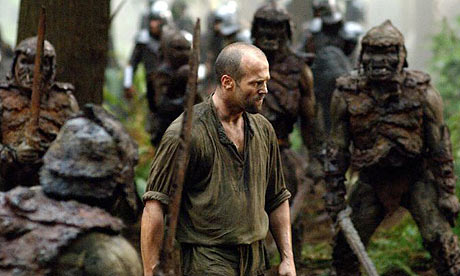


In Closing Time Queenan turns his sights on a more serious and personal topic: his childhood in a Philadelphia housing project in the early 1960s. By comparison with sarcophagal, vestigial Scranton, Philadelphia was Byzantium. Joe Queenan’s acerbic riffs on movies, sports, books, politics, and many of the least forgivable phenomena of pop culture have made him one of the most popular humorists and commentators of our time. But Philadelphia was a real city, with subways and trolleys and crooked politicians and a downtown and buildings that rose higher than four stories and two rivers and a zoo and ghettoes and organized crime and millions of inhabitants and department stores with names like Strawbridge and Clothier and local lore and graft and a nickname. His memoir Closing Time was a 2009 New York Times Notable Book. He is the author of nine books, including Red Lobster, White Trash and the Blue Lagoon and If You’re Talking to Me, Your Career Must Be in Trouble. I was old enough to know that Philadelphia had a reputation for being parochial, conservative, working-class, short on hoopla, and I knew this reputation was well deserved, as people in the Delaware Valley worked hard at being uninspiring. Joe Queenan (born November 3, 1950) is an American satirist and critic. The Mafia had been active in Scranton during the Prohibition Era, but even the Black Hand had long since pulled up stakes, taking their bootlegging brio with them. Clearly, nothing exciting had happened there in decades it was like walking into an Edward Hopper painting, where you got the feeling that all the wild, fun-loving people had already blown town, leaving behind only the brooding buildings and desolate streets. "I am not sure how a boy of thirteen who, save for that one trip to upstate New York, had never been anywhere except Philadelphia and the Jersey shore could instantaneously discern how awful Scranton was, but I could.


 0 kommentar(er)
0 kommentar(er)
